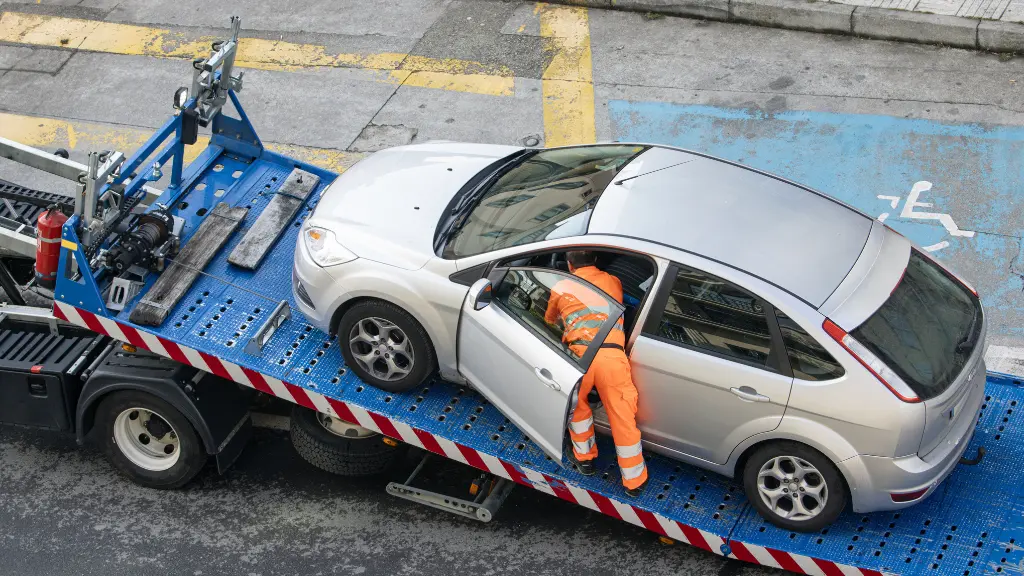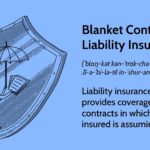Does full coverage insurance cover towing? It’s a common question many drivers find themselves asking, especially when faced with a breakdown or accident. The answer, however, is not always straightforward.
While full coverage insurance typically combines collision and comprehensive coverage to protect your vehicle in various situations, towing expenses may or may not be included. Some insurers offer it as an optional add-on, while others bundle it into roadside assistance packages.

In this article, we’ll explore the nuances of towing coverage under full-coverage insurance policies. We’ll dive into the factors that determine whether your insurer will foot the bill for towing services, the different coverage options available, and why it’s crucial to understand the details of your policy.
Understanding Full Coverage Insurance
Before we delve into whether full coverage insurance covers towing, it’s essential to understand what it entails. Full coverage insurance is a term commonly used to describe a combination of two types of coverage: collision and comprehensive.
Collision coverage protects your vehicle in case of an accident, whether you collide with another car or a stationary object like a tree or a fence.
On the other hand, comprehensive coverage safeguards your vehicle against non-collision incidents, such as theft, vandalism, fire, or damage caused by falling objects or natural disasters.
Together, these two coverages provide comprehensive protection for your vehicle, hence the term “full coverage insurance.”
However, it’s essential to note that full coverage insurance doesn’t necessarily cover every possible scenario, including towing expenses.
Does Full Coverage Insurance Cover Towing?
While full coverage insurance doesn’t automatically include towing coverage, many insurance companies offer it as an optional add-on or as part of a broader protection package.
The coverage terms and limits can vary significantly from one insurer to another, so it’s crucial to review your policy or consult with your insurance agent.
Towing Coverage Options
Here are some common towing coverage options offered by insurance companies:
- Roadside Assistance: This add-on typically covers towing expenses up to a certain distance or dollar amount, along with other services like flat tire changes, jumpstarts, and lockout assistance.
- Towing and Labor Coverage: This coverage specifically pays for towing your vehicle to the nearest repair facility and may cover labor costs associated with on-site repairs.
- Rental Reimbursement: If your vehicle needs to be towed for repairs after a covered incident, this coverage can help offset the cost of a rental car while your vehicle is being fixed.
It’s important to note that towing coverage often comes with certain limitations and exclusions, such as maximum towing distances or dollar limits per incident or policy term.
Factors Affecting Towing Coverage
Several factors can influence whether your full coverage insurance will cover towing expenses, including:
- Cause of the Breakdown: If your vehicle breaks down due to a covered incident, such as an accident or a non-collision event like a fallen tree, towing expenses are more likely to be covered.
- Type of Towing Service: Some policies may only cover towing from the breakdown site to the nearest repair facility, while others may provide coverage for towing to a destination of your choice.
- Distance Limits: Many policies impose distance limits on towing coverage, typically ranging from a few miles to hundreds of miles.
- Deductibles and Limits: Like other insurance coverages, towing coverage may be subject to deductibles and maximum payout limits per incident or policy term.
To ensure you’re adequately protected, it’s always best to review your policy documents carefully or consult with your insurance agent to understand the specific towing coverage included in your full coverage insurance policy.
Why Towing Coverage Matters
While towing expenses may seem like a minor concern, they can quickly add up, especially if you find yourself stranded far from home or in an unfamiliar area.
Having towing coverage as part of your full coverage insurance can provide peace of mind and financial protection in such situations.
Imagine you’re on a road trip, and your car breaks down in a remote location. Without towing coverage, you could be faced with a hefty bill for a long-distance tow, potentially costing hundreds or even thousands of dollars.
With towing coverage, however, you can have your vehicle transported to a nearby repair facility without worrying about the financial burden.
Towing Coverage: A Valuable Addition
Even if your full coverage insurance doesn’t automatically include towing coverage, it’s often a relatively inexpensive add-on that can save you from significant out-of-pocket expenses in the event of a breakdown.
Many insurance companies offer towing coverage as part of a roadside assistance package, which can also include services like jump-starts, flat tire changes, and lockout assistance.
Consider this scenario: You’re driving home from work on a rainy evening when you hit a pothole, causing a flat tire.
Without roadside assistance coverage, you’d have to call for a tow truck and pay the full cost out of your pocket.
With towing and roadside assistance coverage, however, you can have your vehicle towed to a nearby repair shop, and the flat tire can be changed at no additional cost to you.
The Importance of Reviewing Your Policy
While towing coverage can be a valuable addition to your full coverage insurance, it’s essential to review your policy carefully to understand the specific terms and limitations. Pay close attention to details such as:
- Towing Distance Limits: How far can your vehicle be towed before additional charges apply?
- Dollar Limits: What is the maximum amount your insurance company will pay for towing services per incident or policy term?
- Exclusions: Are there any situations or scenarios where towing coverage is not provided?
- Deductibles: Do you need to pay a deductible before towing coverage kicks in?
By understanding these details, you can make an informed decision about whether to add towing coverage to your policy or explore other options, such as joining a roadside assistance program or relying on credit card benefits.
In conclusion
While full coverage insurance doesn’t necessarily include towing coverage by default, many insurance companies offer it as an optional add-on or as part of a broader protection package.
Towing coverage can provide valuable peace of mind and financial protection in the event of a breakdown, especially if you find yourself stranded far from home or in an unfamiliar area.
By reviewing your policy thoroughly and understanding the specific terms and limitations, you can make an informed decision about whether towing coverage is right for you.






